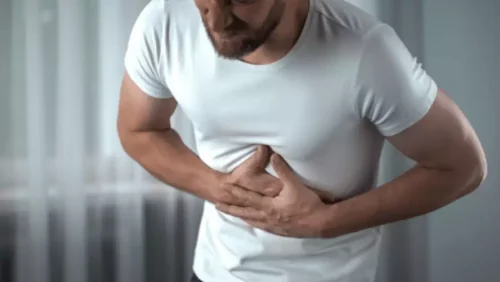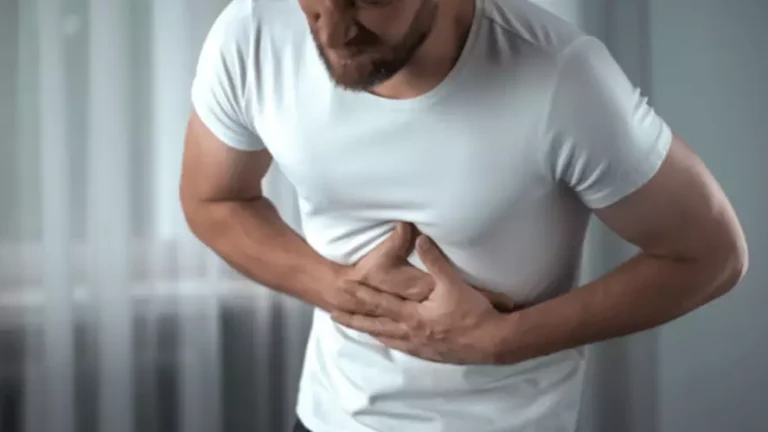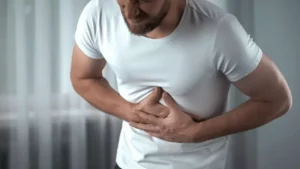Not-so-Happy Hour: The Link Between Alcohol & Allergies Pinnacle ENT Associates Blog

Likewise, if beer makes you sneeze, try drinking vodka or gin instead. And if cocktails make you sneeze, try making your own with fresh fruit juices instead of pre-made mixes. This dilation occurs first in the brain, so you may feel flushed or warm after only a few sips of alcohol. The dilation then extends to blood vessels throughout your body, including those in your nose.
What is the difference between alcohol allergy and intolerance?

Problems in the immune system cause an alcohol allergy to develop, while genetic problems in the digestive system tend to cause alcohol intolerance. These problems make it difficult for the body to break down alcohol properly. Some people with Hodgkin’s lymphoma experience pain after drinking alcohol. Hodgkin’s lymphoma is a type of cancer that can affect your lymphatic system. Many people with Hodgkin’s lymphoma develop enlarged lymph nodes. But in rare cases, they become painful after alcohol consumption.

How Is Gustatory Rhinitis Treated?
This variant is more common in people of Asian descent. Read beverage labels to see whether they contain ingredients or additives you know cause a reaction, such as sulfites or certain grains. Be aware, however, that labels might not list all ingredients. However, if you have a serious reaction or severe pain, see your doctor.
The Reason Behind Sneezing After Drinking
- They will apply a drop of allergen extract to the pricked or scratched area.
- As we now know, alcohol intolerance is an issue with metabolizing alcohol — not an overzealous immune system.
- Do not drive or operate heavy machinery if you have taken a drowsiness-causing antihistamine.
- Alcohol contains metabolites, which are substances produced during metabolism.
“This includes looking at ingredient/content labels of food and drink,” explains the nurse. “If you are wanting to avoid alcohol, also be cautious of foods that may have alcohol added, for example in a marinade or sauce.” Some people with asthma find that their breathing is affected when they drink alcohol.

Histamine intolerance
- If you have any severe or painful symptoms after drinking alcohol, don’t just brush it off as alcohol intolerance.
- An allergic reaction might not occur the first time a person encounters an allergen.
- There are several ways for a doctor to diagnose an alcohol allergy or intolerance, including the approaches below.
- Symptoms of an allergy or intolerance to beer may occur because you have a sensitivity to an ingredient in beer.
- Alcohol allergy symptoms can range from mild, such as an itchy mouth or eyes, to severe, including vomiting or anaphylaxis.
- Symptoms are more likely to be a reaction to the ingredients in a drink, or the alcohol causing other types of allergies to worsen.
Alcohol contains metabolites, which are substances produced during metabolism. Drinking plenty of fluids will help to thin out the mucus in your nose and make it less likely to trigger a sneeze. If the sinuses become inflamed and swollen, a person may develop sinusitis. Nasal polyps are soft, noncancerous growths on the lining of the nose or sinuses. If someone requires support with their alcohol use, they can speak with a doctor to discuss the recommended guidelines for alcohol intake. Additionally, people may seek support from family and friends or advice from a medical professional if they require longer-term support.

How common is alcohol allergy?
- Alcohol intolerance is a temporary, but pretty uncomfortable, reaction to alcohol — with nasal congestion and flushed skin being the two most common side effects.
- The immune system usually produces antibodies to fight harmful substances in the body.
- If you have an alcohol allergy, your immune system over-reacts to alcohol.
- An alcohol allergy and alcohol intolerance are two different conditions.
- Medical content developed and reviewed by the leading experts in allergy, asthma and immunology.
- Like antihistamines, these sprays are most effective if they’re used regularly.
Although this is rare, it can be life-threatening and require emergency care. Your body holds on to the nutritive parts of what you eat and drink, but, otherwise, what goes in must also come out. Blood tests look for antibodies to specific allergens in your blood. A large number of antibodies may signal that you have an allergy.

A protein on the skin of a grape, mostly alcohol sneezing those in red wines, can contribute to symptoms in those who already have allergies, according to a German study. Oral decongestants are not usually used unless nasal antihistamines and nasal glucocorticoids haven’t worked for you. Oral decongestants can help with stuffiness but they have side effects such as increased blood pressure, nervousness, and difficulty sleeping. See the separate leaflet called House dust mite and pet allergy for more details on how to reduce house dust mite. In some people, no specific trigger for their persistent rhinitis may be found. Idiopathic means that there is no certain cause that has been found.
Of course, if you have persistent rhinitis caused by an allergy, if you remove the source of the allergy, your symptoms should reduce and stop. Antihistamines taken by mouth (tablets or liquids) are an alternative. They ease most of the symptoms but may not be so good at relieving a blocked nose (nasal congestion). Antihistamines work by blocking the action of histamine. This is one of the chemicals involved in allergy reactions. A spray can be used as required if you have mild symptoms.

